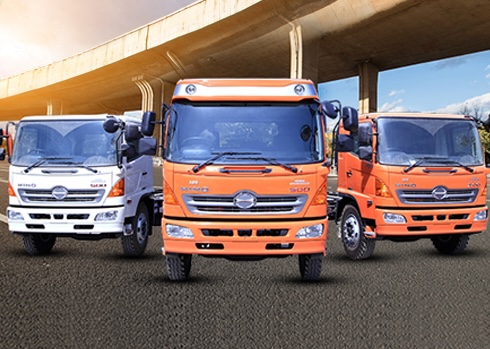Hinopak Motors Limited (PSX: HINO) informed the Pakistan Stock Exchange on Tuesday that a definitive agreement has been reached between its Japanese parent company, Hino Motors Limited, and Mitsubishi Fuso Truck and Bus Corporation (MFTBC), paving the way for a major realignment in the global commercial vehicle industry.
According to the notice, both Hino and MFTBC will be brought under a single, publicly listed holding company that will own 100% of the two manufacturers. The new holding structure aims to streamline operations, consolidate R&D, and create synergies in a sector facing rapid technological shifts and global competition.
Daimler Truck AG, which owns Mitsubishi Fuso, and Toyota Motor Corporation, the ultimate parent of Hino Motors, are expected to hold equal stakes in the new holding company. These stakes will exclude shares offered to the public during the company’s planned listing. No timeline for the listing was provided in the statement.
Hinopak Motors, incorporated in Pakistan as a public limited company in 1986, is engaged in the assembly, progressive manufacturing, and sale of Hino-branded trucks and buses, along with related spare parts and accessories. The company operates as a subsidiary of Hino Motors Limited, which is itself majority-owned by Toyota.
While the transaction is global in nature, any structural changes that affect Hinopak’s ownership or operational alignment were not disclosed in the notice. Analysts suggest the move could eventually bring shared technological benefits or operational efficiencies to Hinopak, depending on how the integration is rolled out in international markets.
The merger aligns with ongoing global trends of consolidation in the automotive and commercial vehicle sector, as companies look to pool resources to invest in electric and autonomous vehicle technologies, as well as cope with stricter environmental regulations and supply chain pressures.




